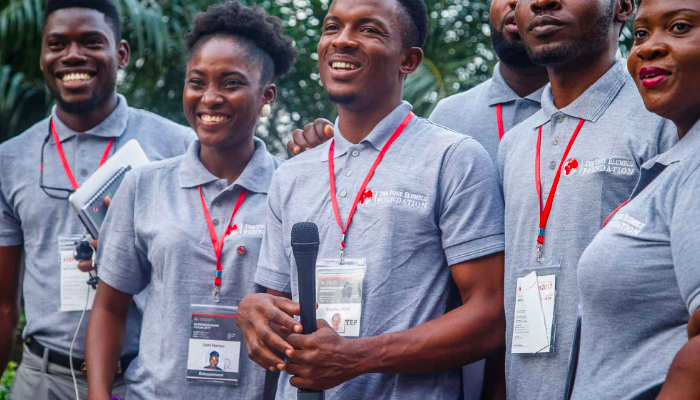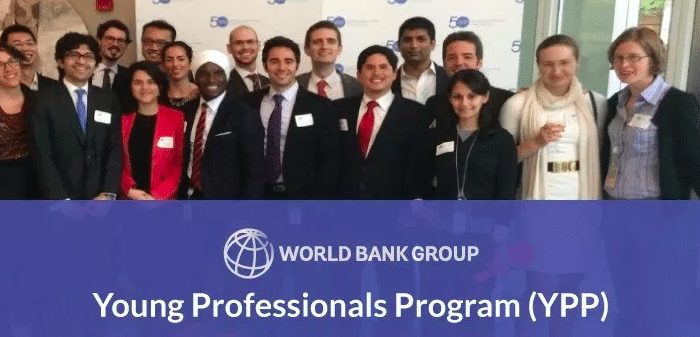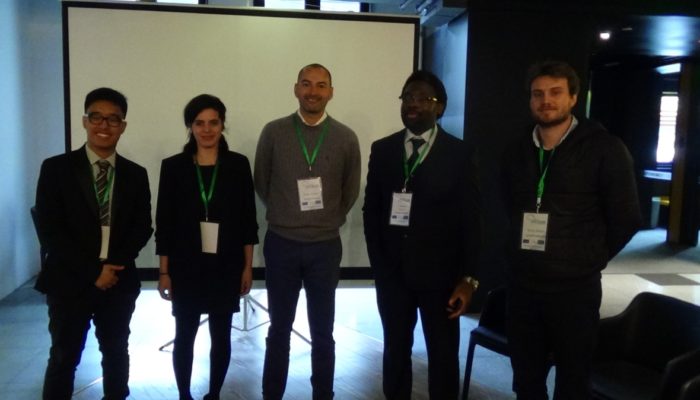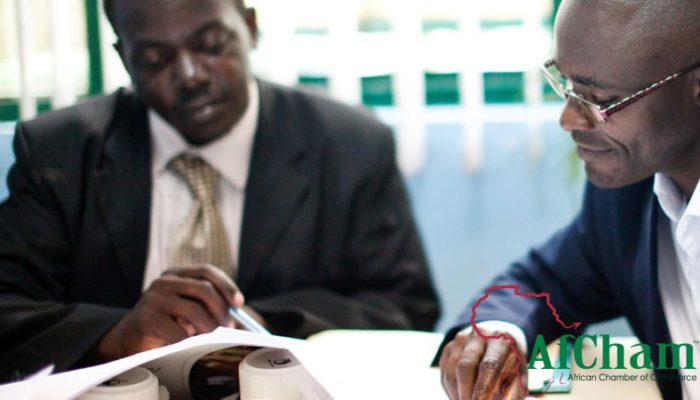“Solving Africa’s complex challenges will require innovative solutions including those developed by young inventors from the African continent. It is important that we create the necessary environment to discover them.”
Sixteen young African investors weree recently shortlisted as finalists of the Africa Prize for Engineering Innovation awarded by the Royal Academy of Engineering. While the overall winner and three runners up will receive cash funding, all the finalists will receive training and the mentoring they need to scale up their inventions and ultimately translate them into commercial products. The inventions that range from a vertical farm to an online vaccination platform to a device that can convert air into drinking water using solar technology, are bound to deliver practical solutions to Africa’s challenges, including food insecurity.
Indeed, Africa’s recurrent challenges can benefit from many inventions coming off the African continent. Moreover, Africa stands to make more headways when its young people, who represent 60 per cent of its current population, take the lead.
But to pave way for many more inventions from Africa’s young minds, the continent must invest in creating an environment that makes it easy to discoverer these inventors. So how can the African continent pave the way so that many more young inventors are discovered?
Beginning at a young age, when students are attending elementary and high schools, the African education system should make room for young students to be creative, problem solvers and critical thinkers. Currently, the education system, in many countries, including my native country Kenya, and South Africa, is poor quality and mostly focuses on content mastery. I know. The primary and high school I attended in Kenya, for example, focused on teaching theories and materials we needed to pass our national examinations. None of the teachers ever challenged my peers and me to think and create. It was all about mastering the contents and regurgitating them back in the exams. Further, we also lacked other resources including textbooks, libraries, science labs and other resources to help create a conducive environment.
Across Africa, stakeholders investing in education operate under the assumption that passing national examinations gauged by the grades students get is clear evidence that investments in education have paid off. The caveat to this approach is that it does not necessarily prepare students to be inventors or problem solvers and to meaningfully participate in developing our global world.
Moving forward, if Africa wants to reap the dividends of inventions by African students and its young minds, African schools should adopt action-oriented teaching approaches that hone critical thinking skills, creativity and innovation. Africa’s young minds should consistently be challenged to identify local problems, seek out relevant information and resources, and to design authentic plans and solutions to solve the challenges they have identified.
Once discovered, future inventors must be supported through training and mentoring. They must also be funded. Doing so will allow them to fully develop their inventions and translate them into products that offer solutions to the challenges many African citizens face.
The Royal Academy of Engineering prize of mentoring and training support and funding will definitely allow these innovators to translate their inventions into products and to scale up and widely disseminate them. The good news is that, presently, across Africa, there are several programs including The Anzisha Prize, Made in Tony Elumelu Entrepreneurship Programme and the Innovation Prize for Africa that are actively supporting, mentoring and funding young African inventors. This needs to continue.
Moreover, as we aim to pave the way for many African inventors to rise up, while strengthening the overall African innovation ecosystem, we must protect these ideas and ensure that people adhere to intellectual property rights. Before the young inventors’ ideas are shared, they should have the opportunity to trademark and protect them. At the moment, many African countries, research institutions, and universities and other institutions where inventions are born do not understand quite well how to manage intellectual property assets including knowing the available options when they want to protect and translate their inventions into commercial products for national, regional and international markets.
Eventually, when these inventions are translated into products, governments should create market opportunities for their products to ensure that they thrive. For example, government hospitals can buy and install the vertical gardens in hospitals, and these could be used to grow the food to feed patients. The Kenyan Government could use the Chanjo Plus online vaccination platform and roll it out across the country. Further, these inventors must be funded so that they can build industries that further support the production of the products they have created. Such support would further lead to economic empowerment and job creation by the youth and for the youth.
Solving Africa’s complex challenges will require innovative solutions including those developed by young inventors from the African continent. It is important that we create the necessary environment to discover them. Once discovered, we must nurture the inventors, celebrate them, support, and fund their ideas all the way, until they have products and companies to manufacture these products. It is the right thing to do.
Written by Dr Esther Ngumbi, a distinguished post doctoral researcher at the Entomology Department, University of Illinois at Urbana Champaign. She is also a food security fellow with the Aspen Institute New Voices.




